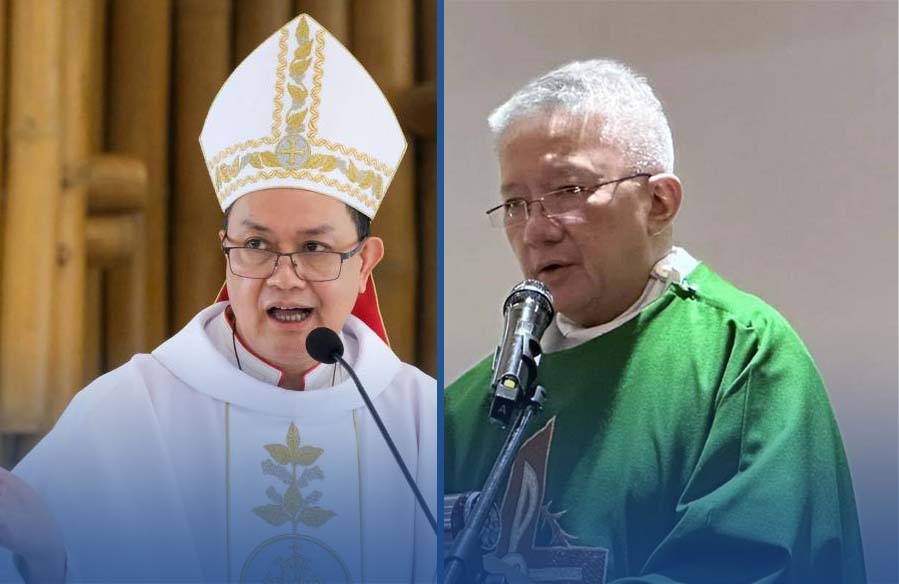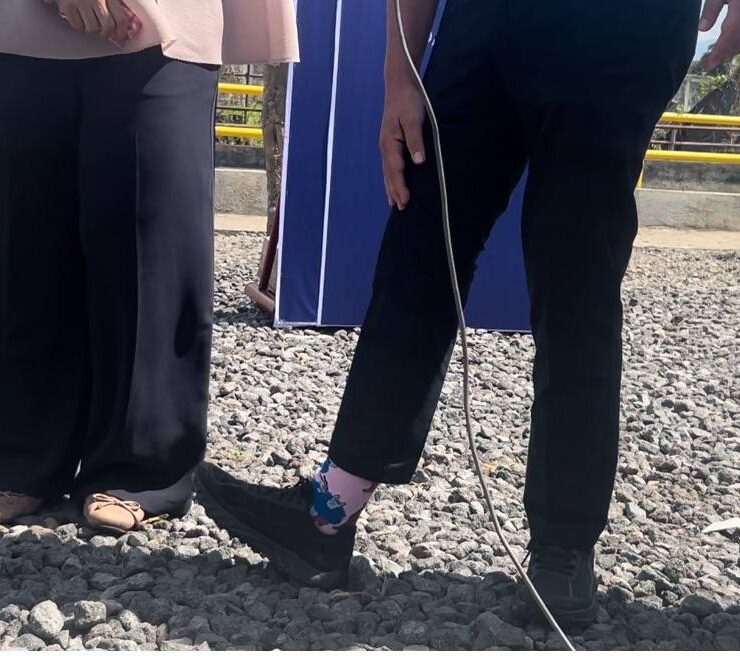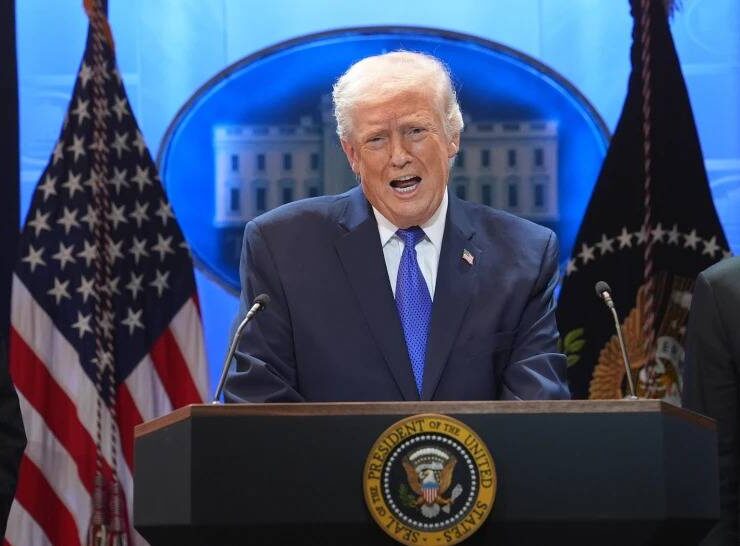Clergy’s call: Go beyond ‘ayuda-driven budget’

The country’s Catholic clergy amplified its concern over the way the P6.3-trillion national budget had been loaded with billions of pesos for “ayuda” (aid) through antipoverty programs that might only end up promoting patronage politics and corruption ahead of the midterm elections.
“It is time that we each take a stand about corruption, and that we be able to do something positive towards overcoming corruption. We must lobby, we must protest, yes, but more importantly, we must agree to come together and become the light to overcome the darkness of corruption,” Fr. Tito Caluag said in his homily during an online Mass on Sunday.
Doing so is a “non-negotiable moral imperative,” added Caluag, executive director of Caritas Philippines which is the social action arm of the Catholic Bishops’ Conference of the Philippines (CBCP).
“While ayuda is needed for the poor not to get mired deeper into poverty, it is also important that we provide them with programs that will truly give strength and opportunity to empower them and to genuinely improve their lives. They should be masters of their lives and not need to depend on ayuda,” he said.
“I think it is high time—and this is the source of corruption—it is high time that our national budget must transition from an ayuda-driven budget into working toward programs that really empower people, human development,” Caluag added.
“We can be [a] light to our people, to our society. And I’m sure there are many leaders in government who will be welcoming our support and our participation in helping create a government that is really not corrupt, and a government that will really push for the genuine development of our people,” he also said.
‘Dynasty, patronage’
In a pastoral letter issued on Sunday titled “Is there still hope?” the CBCP, through its president Cardinal Pablo Virgilio David, cited various conditions in the country that were causing “frustration and anguish” for many.
Aside from economic, ecological, security and international concerns, David noted the “scandalous misuse [in the political realm] of public funds and resources; the questionable insertions, cuts, and adjustments in the national budget; and the anti-poverty programs that promote a culture of patronage and mendicancy.”
“As the elections draw near, we see how platforms of popularity, dynasty, and patronage are again exploited, making politics into a family business,” he said.
Despite these, David cited “sparks of hope” in principle-driven leaders who champion good governance and in the idealism of young people and responsible citizens who do not sell their principles.
“We sense a strong surge of hope, above all, in the feeling of uneasiness and disturbance—symptoms of an inner affliction, prodding us that something is wrong, yet at the same time urging us that something can and must be done within, among ourselves, and our institutions,” he said.
Call to action
David called on the country’s leaders “to breathe the spirit of sincerity of God-directed service, breathe transparency and accountability.”
He also urged the youth to stand up for change and responsible leadership and the “dear faithful” in government, business and religious or public communities “to harness a tempest of change by a sincere witness to our Christian values and fidelity to conscience.”
This was the first time the CBCP openly criticized the 2025 General Appropriations Act (GAA) enacted on Dec. 30, although some of its members had earlier cited its flaws.
Various critics of the budget, including members of the Catholic Church, held a rally at Edsa Shrine last Friday to protest its provisions.
The protests called on Congress to rectify the flaws in the 2025 GAA by passing a supplemental budget to strengthen social services and defund noncritical public works projects.
In a pastoral commentary last month, former CBCP president Lingayen-Dagupan Archbishop Socrates Villegas called on the faithful “to study diligently, judge critically and act with vigilance on the moral concern of the 2025 national budget.”
He criticized the budget cuts for the education sector and the zero subsidy for the Philippine Health Insurance Corp.
Comelec exemptions
Advocates and budget experts have flagged the 2025 GAA for allotting hundreds of billions of pesos for various ayuda programs that could be used by unscrupulous politicians running in the May elections to sway voters.
Under the Omnibus Election Code, public officials and employees are prohibited from releasing, disbursing or expending any public funds for social services and housing-related projects 45 days before Election Day—or from March 28 to May 11—unless exempted by the Commission on Elections.
The Comelec, however, has exempted various aid projects, including the Ayuda sa Kapos ang Kita Program (P26.26 billion) and Assistance to Individuals in Crisis Situation (P18.29 billion) of the Department of Social Welfare and Development, as well as the Tulong Panghanapbuhay sa Ating Disadvantaged Workers Program (P26.16 billion) of the Department of Labor and Employment. —WITH A REPORT FROM INQUIRER RESEARCH





















